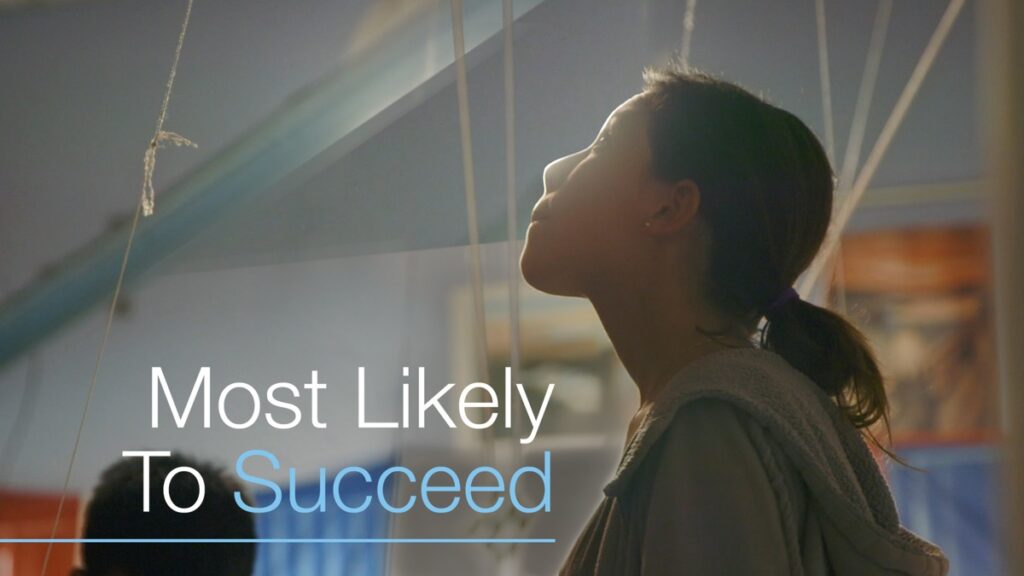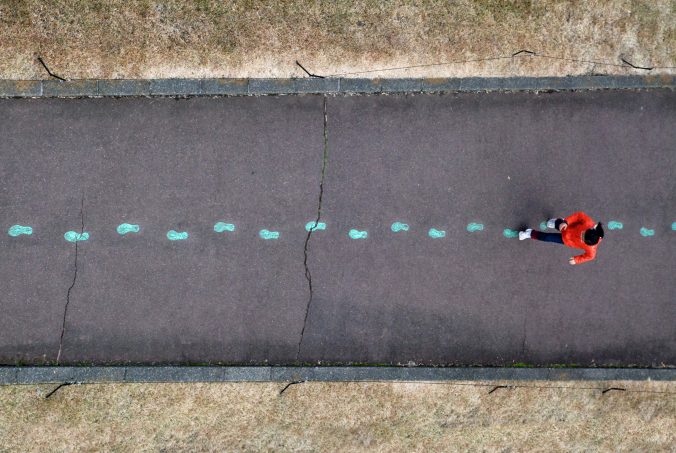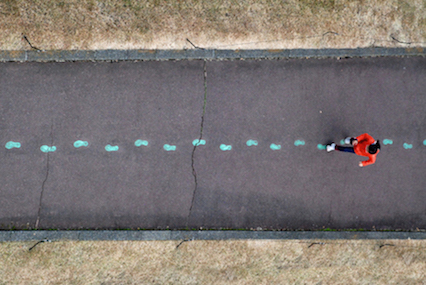I thought Jesse Miller did a fantastic job at provocation for our group and incited some serious thought in more than a few people. From my own thoughts, and those of some people I have spoken to, not everyone agreed with everything that was said during our time with Jesse. I think this is one of the most valuable ways to incite true learning. From this talk I was able to realize that I likely will want to make my classroom a low tech place unless my students want to use high tech for their own projects. I am a huge believe in the outdoors as a space for healing, learning, and overall better mental health.
Something that Jesse spoke about that I found really empowering was the need to teach digital literacy and safety. The internet is not going anywhere and there is no use burying our heads in the sand. The students that will be coming into our classrooms are never not going to be online. We need to be prepared to teach them safe ways to be on the internet including social media and to answer some difficult questions.
I think this topic of technology in the classrooms, phone use, and personal boundaries is interesting to look at from the perspective of our “First People’s principles of learning”. Much of what we discussed with Jesse fits these principles. For example: learning cannot be “holistic” if we ignore the huge component to everybody’s lives that is our online presence, the “consequences of one’s actions” apply especially to our online presences. This brings to mind Amanda Todd’s story of online bullying. There are real world consequences to the things we do online but when we are young it can be hard to see that.
I think that this speech reminded me that there is more to teach than the predefined content we are used to. As teachers we must be aware of the realities of students’ lives and the complexities of the world we live in.





